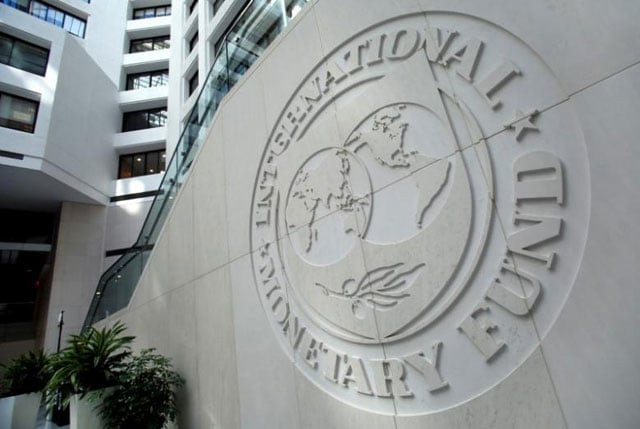A black hole for assistance?
The government also expects a significant increase in foreign direct investment and other inflows

PHOTO: Reuters
There are fears within government circles that gross foreign currency reserves may eventually fall below the threshold of the three-month import cover as early as the end of this month. At any rate this could happen also by the first week of September which means that the finance minister has no more than four weeks to navigate a way out of these choppy seas.
Adequate measures must be found to stem the decline and prop up foreign currency reserves which have been steadily falling since the end of the International Monetary Fund’s (IMF) assistance programme 11 months ago. In all this time our official foreign currency reserves declined by as much as $4.2 billion. In the event that Pakistan is declared ineligible for IBRD assistance the country would have to brace up for fresh challenges over its status of creditworthiness.
For its part, the finance ministry is relying on a rally in the coming months. Such optimism, though perhaps unfounded, is built around the expectation that exports and remittances would neatly pick up the slack. In the month of July 2017 alone the ministry has pointed out a 10.5% increase in exports and a growth of 16% in remittances. The government also expects a significant increase in foreign direct investment and other inflows. Other measures are going to be finalised soon. We watch with interest.
Published in The Express Tribune, August 16th, 2017.
Like Opinion & Editorial on Facebook, follow @ETOpEd on Twitter to receive all updates on all our daily pieces.















COMMENTS
Comments are moderated and generally will be posted if they are on-topic and not abusive.
For more information, please see our Comments FAQ